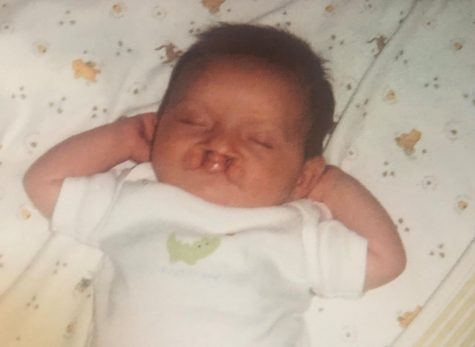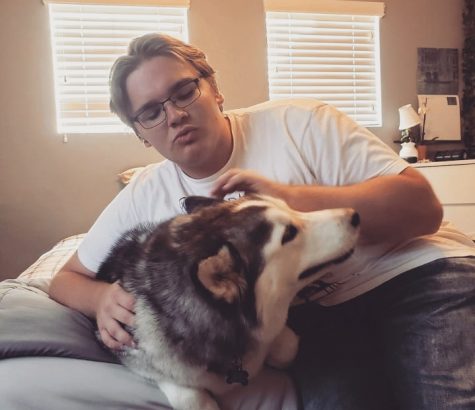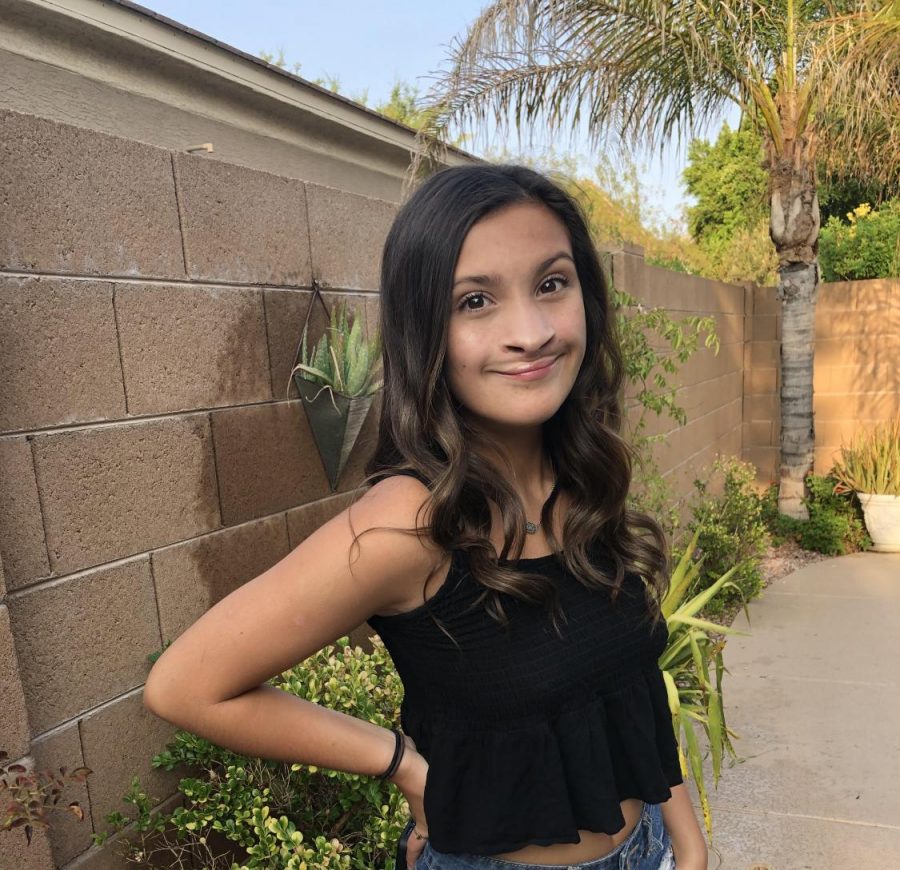Never be Afraid of Your ‘Deformities’
I’d like to believe almost everyone has some sort of deformity; none of us are born perfect as our bodies are subject to many genetic and circumstantial factors as we develop in the womb.
From webbed hands, to a cleft lip and the more dire possibility of not developing a limb at all, many of us have some deformity whether physically or mentally.
That’s what they are in a literal sense, deformities I mean. I’m going to get to the point quickly though and say that, there’s no reason that the word deformity needs to have the negative connotation it usually does. All the word really means is that, appropriately, something didn’t develop per hypothetical human normalities; something’s just not ‘normal’, but why’s that a problem?
Deformities often can’t be helped as they’re, again, circumstantial and largely based on genetics (genetic malfunctions if you would, though deformities can be hereditary.) Most physical deformities are harmless and merely affect appearance. The most debilitating of deformities are mental deformities (as in, mental illness as influenced by genetics;) even the worst mental deformities and physical deformities, however, are treatable in the modern world.

So, the two takeaways are: Many people, including myself, have some form of deformity / birth defect, yet they’re often not detrimental to one’s health or living in day to day life. Also, since most deformities can be supported or maintained, why should someone with a deformity be afraid of them? Or anyone, for that matter?
I’d say from my personal perspective, people are afraid of their deformities because ridicule from others paints them in a bad light. If they have a noticeable birth defect, a lot of children in particular are likely to ignorantly yet forgivably ridicule them for the abnormality (due to their childhood innocence and lack of perspective.) This can cause a lot of anxiety and pressure as a child, which in turn leads to issues as an adult.
Yet it doesn’t stop there. A lot of adults can’t stop staring, can’t stop with the silent whispers just because someone is a bit different from the rest of the bunch. I was lucky enough to never have deformities that are immediately noticeable to the common stranger, but some people aren’t so lucky; ultimately, no one gets a choice in the matter.
Deformities can cause health issues; they can make life harder, yet most times they don’t with the exception of the social sphere.
No one should have to be afraid of things they can’t control, and no one should be ridiculed for something they had no say on. It takes a mature individual to ignore someone’s deformity in favor of who they are as a person, since that’s what really matters in the end.
It’s a simple message, but it’s one that needs to be spoken about.
Of course, a deformity can be a defining feature and it can also be worn with pride, but in the end it doesn’t matter how someone or others feel about a deformity as long as there’s no negative connotation, as that’s not fair to the individual whatsoever.

Aden Schulze-Miller is a senior and it's his third year working for The Ridge Review; he's our Editor in Chief. He enjoys watching movies, writing short stories, and is ready to help foster a...




